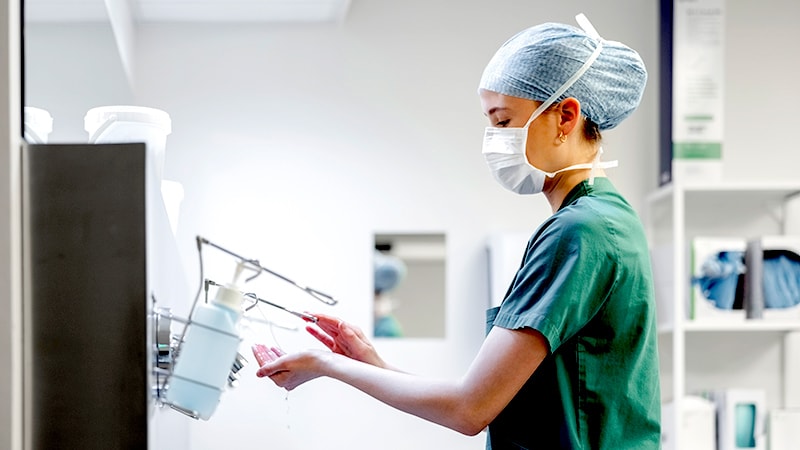Faecal microbial transplantation (FMT) is more effective and less costly than antibiotics to treat recurrent Clostridioides difficile infection (rCDI), according to a new study published in EClinicalMedicine.
The model-based economic evaluation, which presents the first decision model for patients with rCDI already hospitalised in the UK, explores the relative cost-effectiveness of four different treatment options: FMT administered by nasogastric tube (NGT) or colonoscopy, versus fidaxomicin or vancomycin.
Researchers analysed treatment effects and cost per additional quality-adjusted life year (QALY) from an NHS perspective to identify which treatment was most cost-effective and offered the best outcome for patients. The model was informed by a literature review of clinical evidence, specifically focussing on hospitalised patients with rCDI over 65 years. A Markov model was constructed to compare FMT-NGT and FMT via colonoscopy with antibiotic treatment. Both deterministic and probabilistic sensitivity analyses were performed to assess uncertainties around the model inputs and assumptions.
The results showed that both methods for administering FMT were lower in cost compared with standard treatment with antibiotics. FMT-NGT was the least costly; mean cost of £8877 per patient, while FMT via colonoscopy was £11,716 per patient.
While FMT-NGT was the preferred route of administration, FMT via colonoscopy was shown to be slightly more effective, offering patients a higher quality of life.
Both antibiotic treatments were shown to be more costly and less effective than either of the FMT interventions. Moreover, vancomycin was the most expensive and least effective treatment.
Study author Prof Tracy Roberts said: “As well as being more effective both in terms of cost and benefit to patients, FMT was shown to significantly reduce the amount of days patients were required to be hospitalised which could also provide longer term cost-savings.”
FMT availability is limited in the UK currently and potential long-term side effects of its use in rCDI are unknown.



